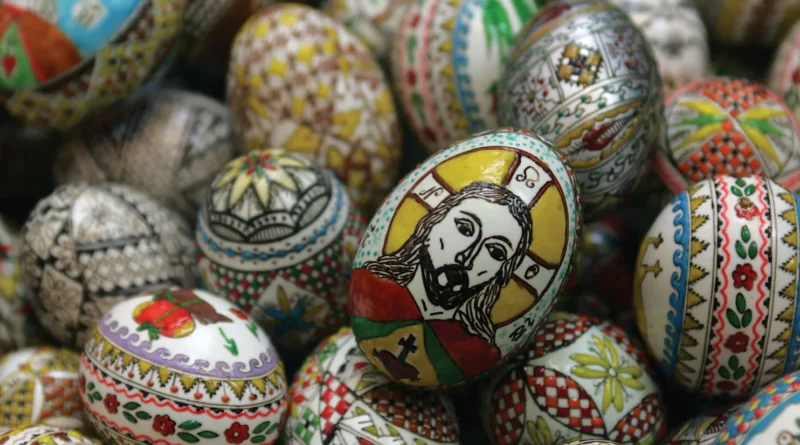History Of Orthodox Easter
Orthodox Easter is one of the most important holidays celebrated by millions of Orthodox Christians around the world. This religious holiday, which falls on a different date each year, marks the resurrection of Jesus Christ from the dead. Orthodox Easter is also known as Pascha, which is derived from the Hebrew word Pesach, meaning Passover. The celebration of Orthodox Easter is steeped in rich history and traditions that have been passed down from generation to generation.
The origins of Orthodox Easter can be traced back to the early days of Christianity. The early Christians observed the resurrection of Jesus Christ as the most significant event in their faith. They celebrated this event by holding a vigil throughout the night leading up to Easter Sunday. The tradition of holding an all-night vigil has continued to this day in many Orthodox Christian communities.
The date of Orthodox Easter is determined by the Julian calendar, which is used by the Orthodox Church. This calendar is different from the Gregorian calendar, which is used by most of the world. As a result, Orthodox Easter falls on a different date than Easter in the Western world. Typically, Orthodox Easter is celebrated between early April and early May.
The week leading up to Orthodox Easter is known as Holy Week. This week is marked by a series of religious services and observances. The week begins with Palm Sunday, which commemorates the triumphal entry of Jesus into Jerusalem. On this day, Orthodox Christians carry palm fronds and sing hymns to mark the occasion.
The following days of Holy Week are marked by various religious services and observances. On Holy Thursday, the Orthodox Church commemorates the Last Supper, which Jesus shared with his disciples before his crucifixion. On Good Friday, the Church commemorates the crucifixion and death of Jesus.
The highlight of Holy Week is the Easter Vigil, which takes place on Saturday night. This service begins after sunset and lasts well into the night. The service is marked by the lighting of candles, the chanting of hymns, and the reading of passages from the Bible. At the stroke of midnight, the Church celebrates the Resurrection of Jesus Christ. The service ends with a joyful celebration of the Resurrection.
After the Easter Vigil, Orthodox Christians celebrate Easter Sunday with feasting and family gatherings. Traditional Easter foods include lamb, cheese, bread, and dyed eggs. The eggs are typically dyed red to symbolize the blood of Christ.
Orthodox Easter is celebrated in a variety of ways around the world. In Greece, for example, it is customary to roast a whole lamb on a spit for Easter. In Russia, Easter is celebrated with traditional foods and colorful Easter eggs. In Ethiopia, Easter is marked by a three-day celebration, which includes fasting, prayer, and feasting.
Orthodox Easter is a holiday rich in history and tradition. This religious holiday is celebrated by millions of Orthodox Christians around the world. The observances and customs associated with Orthodox Easter vary from country to country, but the core message of the holiday remains the same – the resurrection of Jesus Christ from the dead.
Discover more from City Towner
Subscribe to get the latest posts sent to your email.




